Background and Purpose
The increasing energy demands in China, along with growing environmental problems, urgently call for a radical solution. Distributed PV systems appeared to be just the right thing that could help Shandong Unicom kill two birds with one stone. Making full use of solar resources in Shandong Province, the company tried to produce clean and renewable electricity by installing PV panels on the rooftops of its buildings. The decision to do so had emanated not only from a drive to reduce reliance on fossil fuels but also from a commitment towards reducing operating costs and contributing towards the national goals of sustainability.Implementation Process
It was well executed, as partnering with leading PV technology suppliers, Shandong Unicom chose top-of-the-line 540Wp PV modules and highly reliable inverters to ensure maximum energy efficiency. Care was taken in the mounting structure to have the best exposure of panels with minimal shading, a factor that often comes into play in inhibiting the energy output. Integration was smoothly and easily done into the existing infrastructure of the company, and total monitoring and maintenance systems were set up to ensure smooth performance and stability.Innovations and Technical Challenges
Innovation was a keystone of the project for deploying advanced PV technologies that would increase output with less maintenance. However, several technical challenges also came forward, such as how to deal with the intermittency of solar energy and how to maintain system stability during severe weather conditions. Shandong Unicom's response was to implement smart grid technologies for real-time monitoring and optimization of energy flow. Energy storage technologies also helped iron out the fluctuations in supply and demand, thus maintaining a steady supply even when weather conditions were not at an optimum.Achievements and Outcomes
Impressive results had been achieved in this project. From its over 1MW installed capacity, Shandong Unicom had substantial energy cost reductions, running into several millions of yuan yearly. The system has supplied a contribution of over 1 million kWh of clean energy to the grid, with substantially reduced greenhouse gas emissions. Such a case of success sets a pretty exemplary model for the rest of the enterprises within Shandong and beyond and serves to provide momentum for widespread adoptions of renewable energy technologies.Industry, Corporate, and Societal Impacts
This case entails Shandong Unicom for its visionary statements in the fields of sustainability and social responsibility. The case will provide a yardstick for other companies within the telecommunications and utilities industries on how large corporations can use renewable energy to reduce costs and stay competitive. On a larger scale, socially, this move aids China's goals of carbon neutrality toward a green, low-carbon economy.The distributed PV power generation project by Shandong Unicom acts as testimony to the leading role of the company in renewable energy, innovativeness, and sustainability. Their successful operation of the project brings on board a lot of financial and environmental benefits, besides inspiring other organizations towards the exploration and implementation of clean energy. This stands as a milestone in China's renewable energy journey and remains a strong case for the future of sustainability in corporate practices.
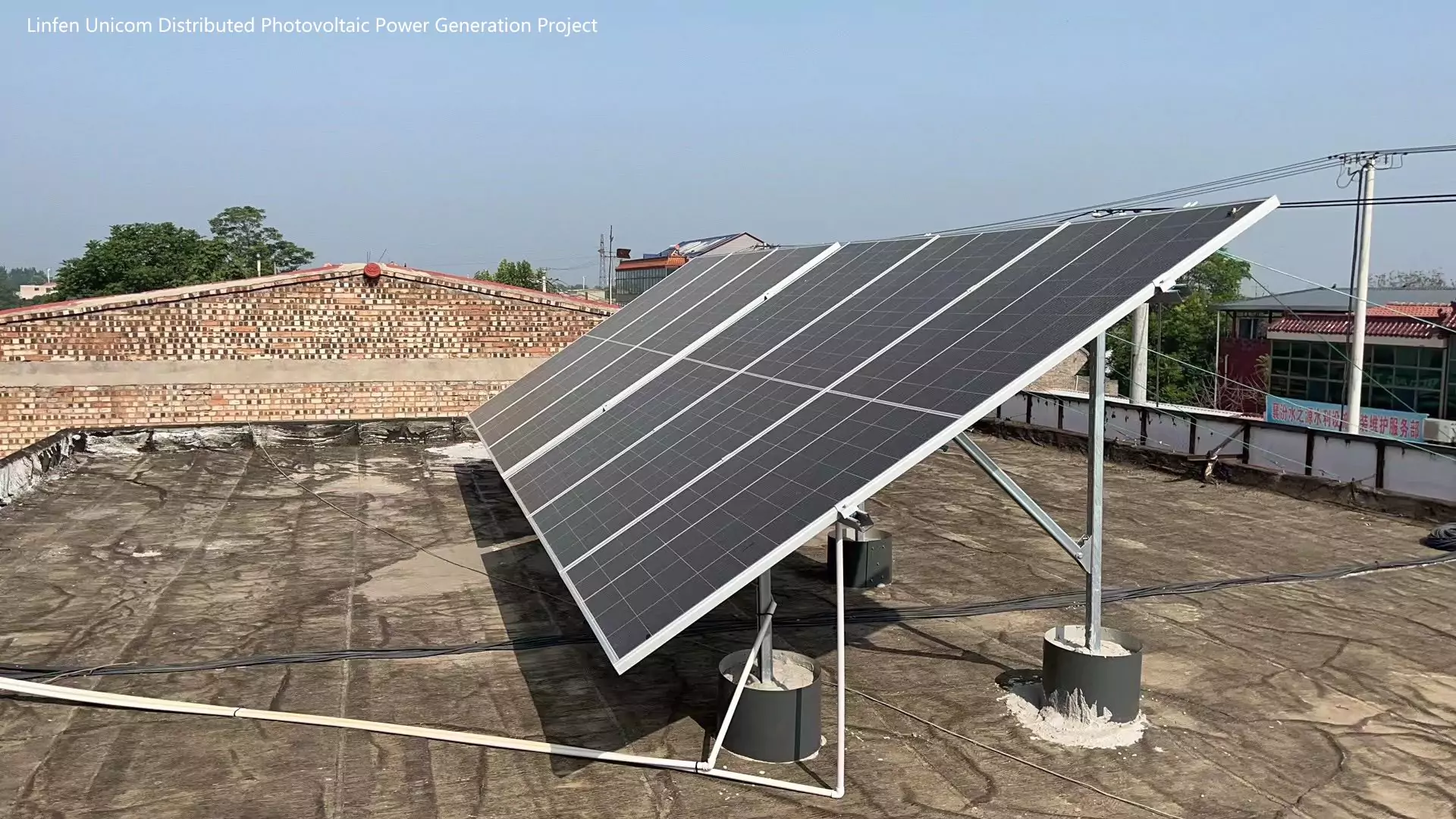
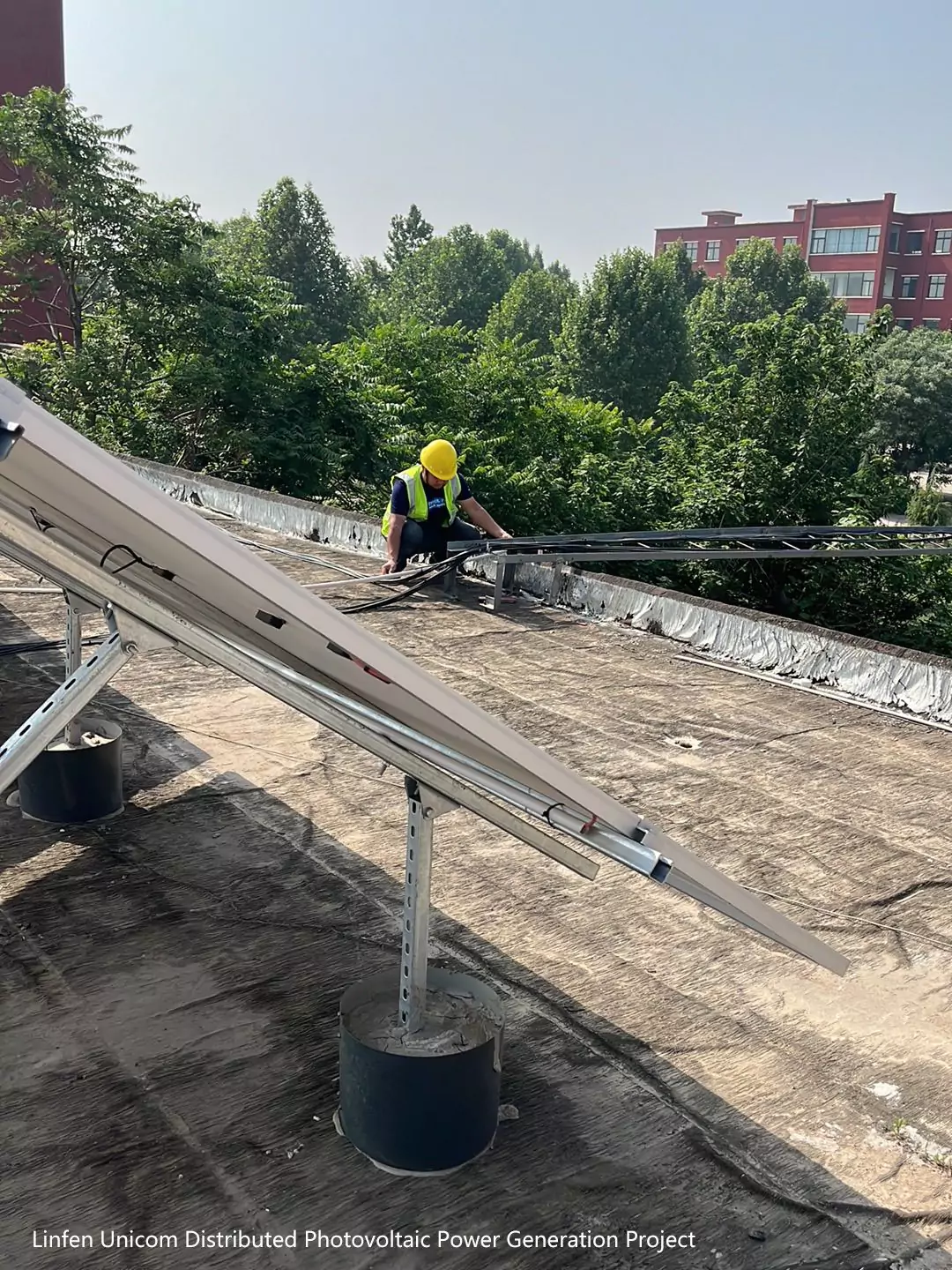
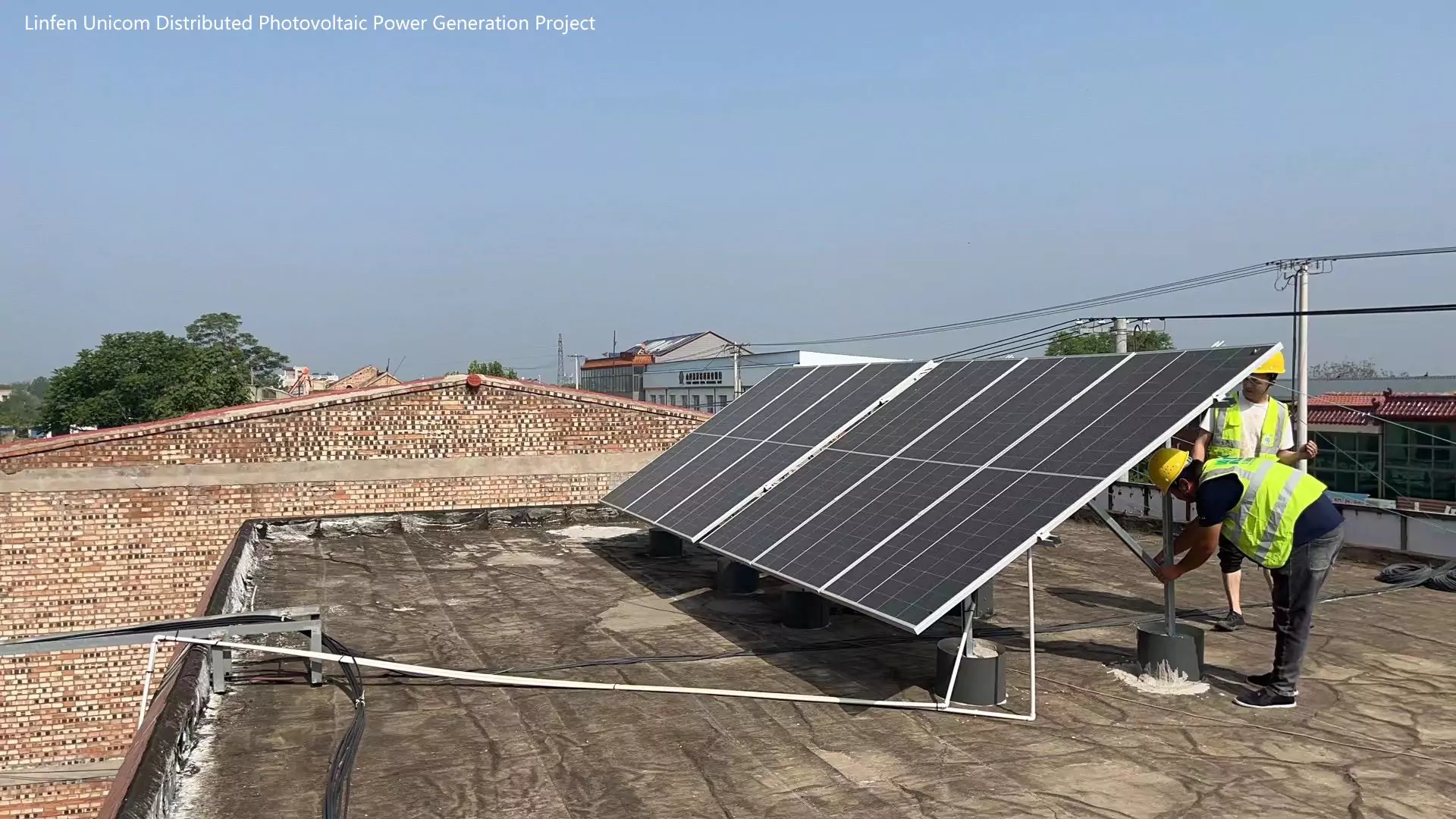
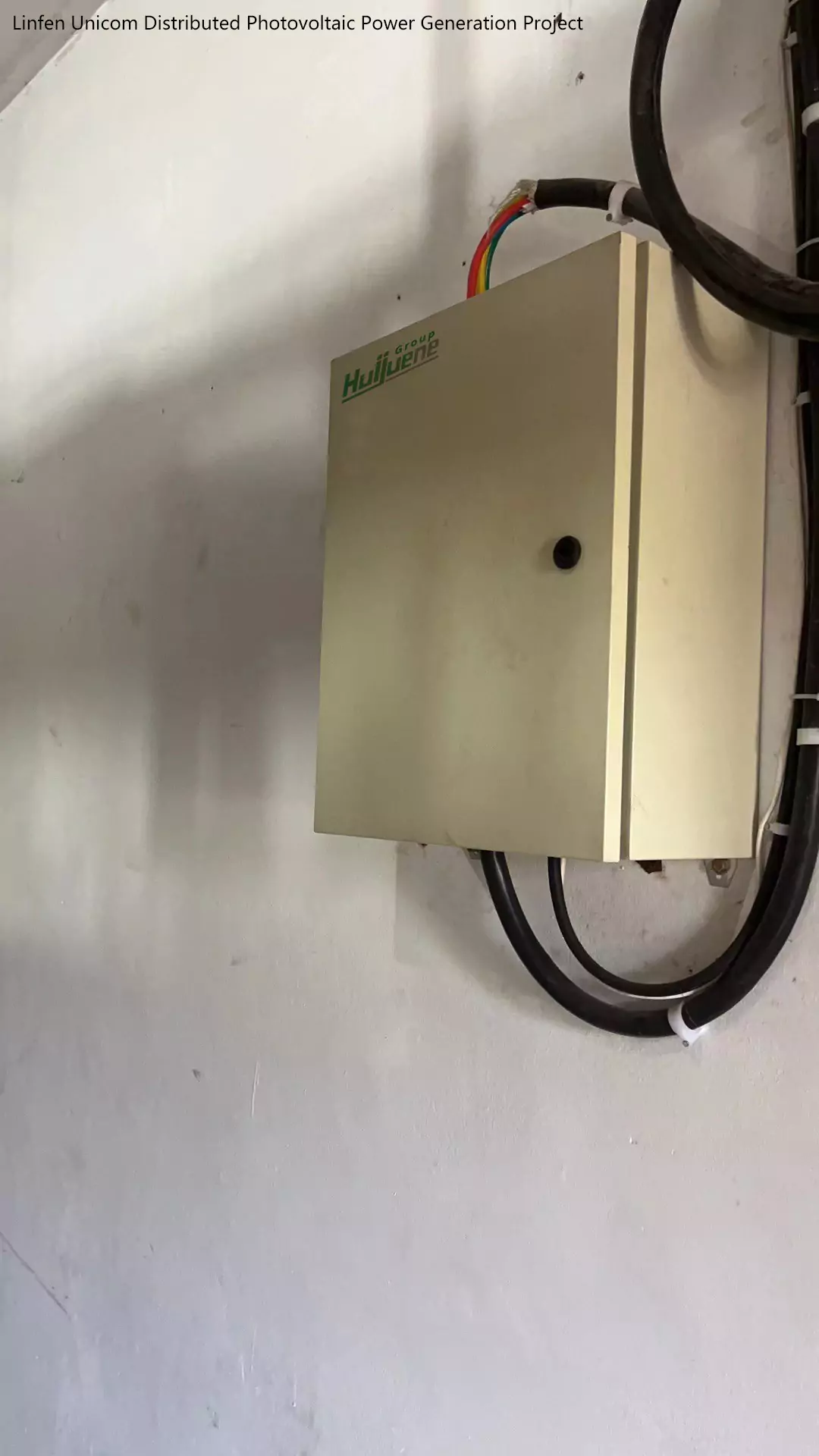
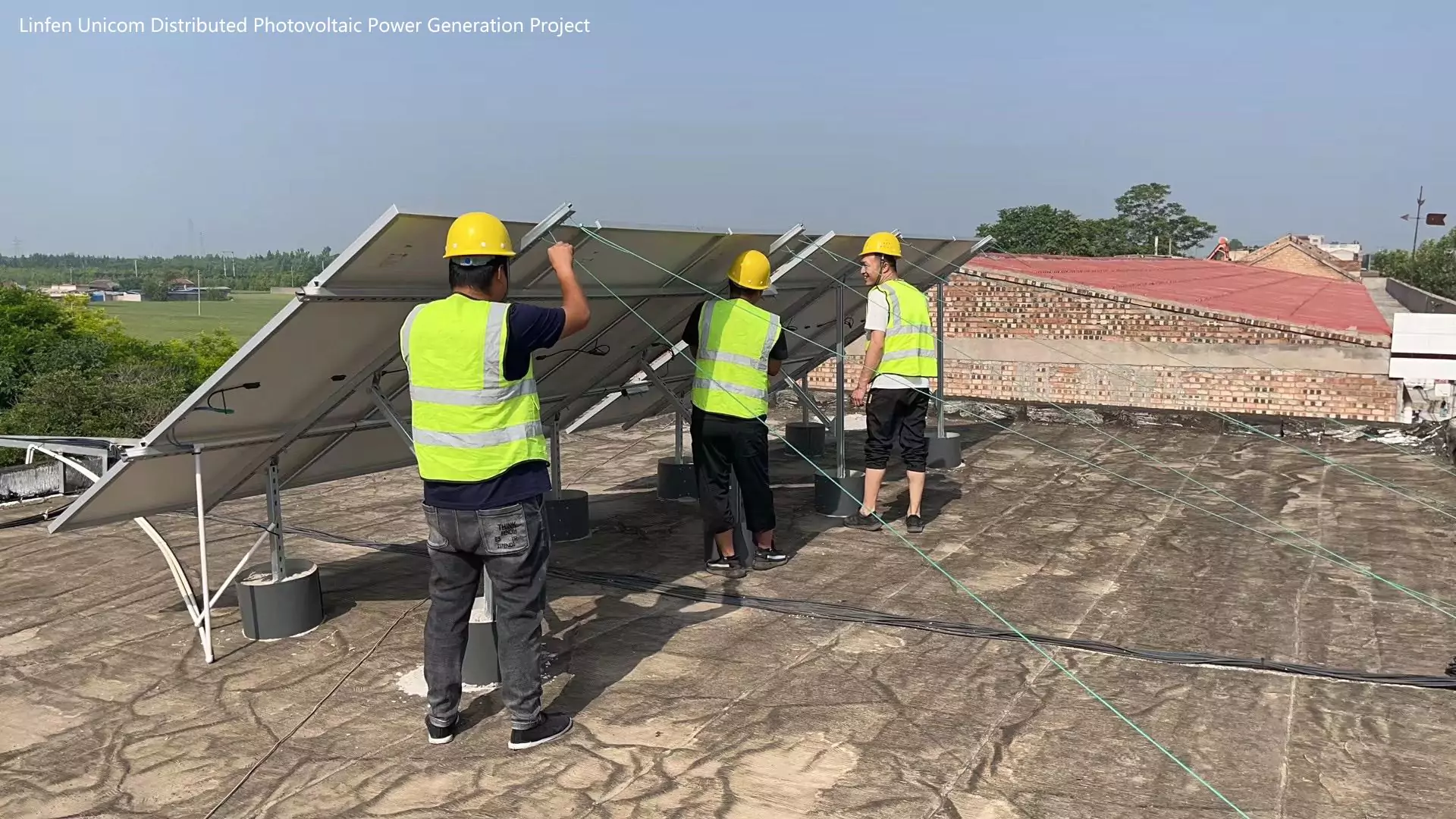
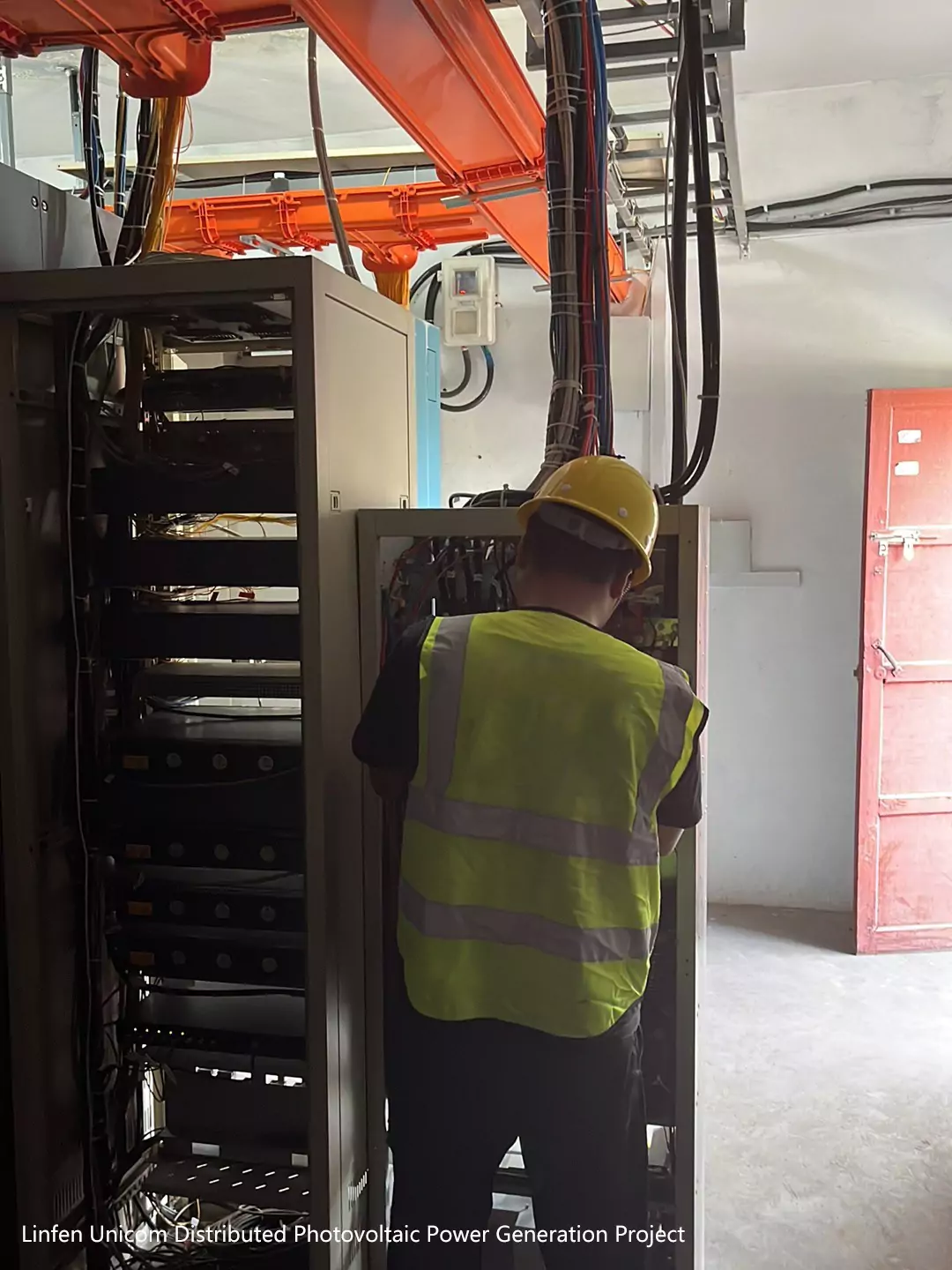
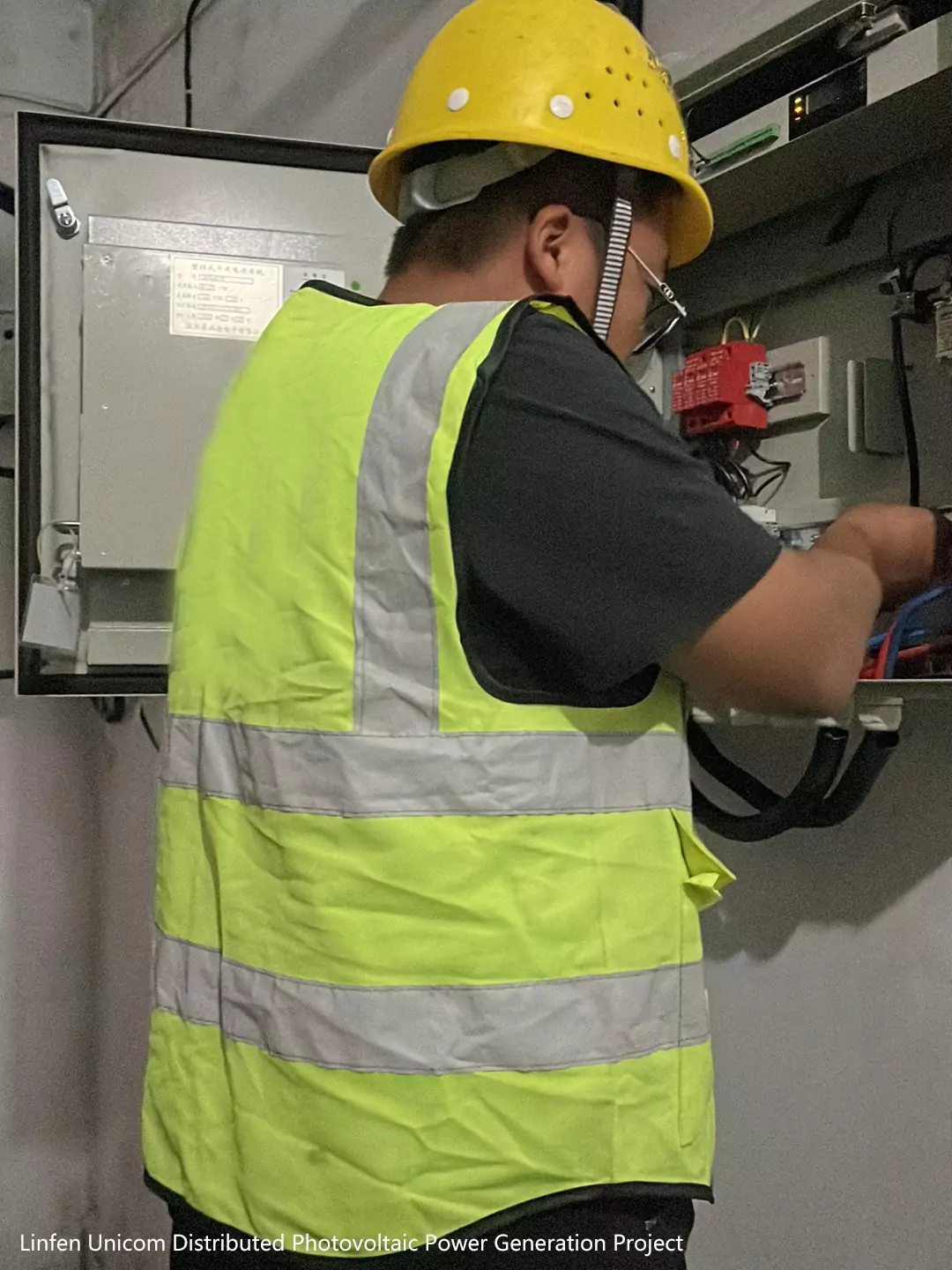
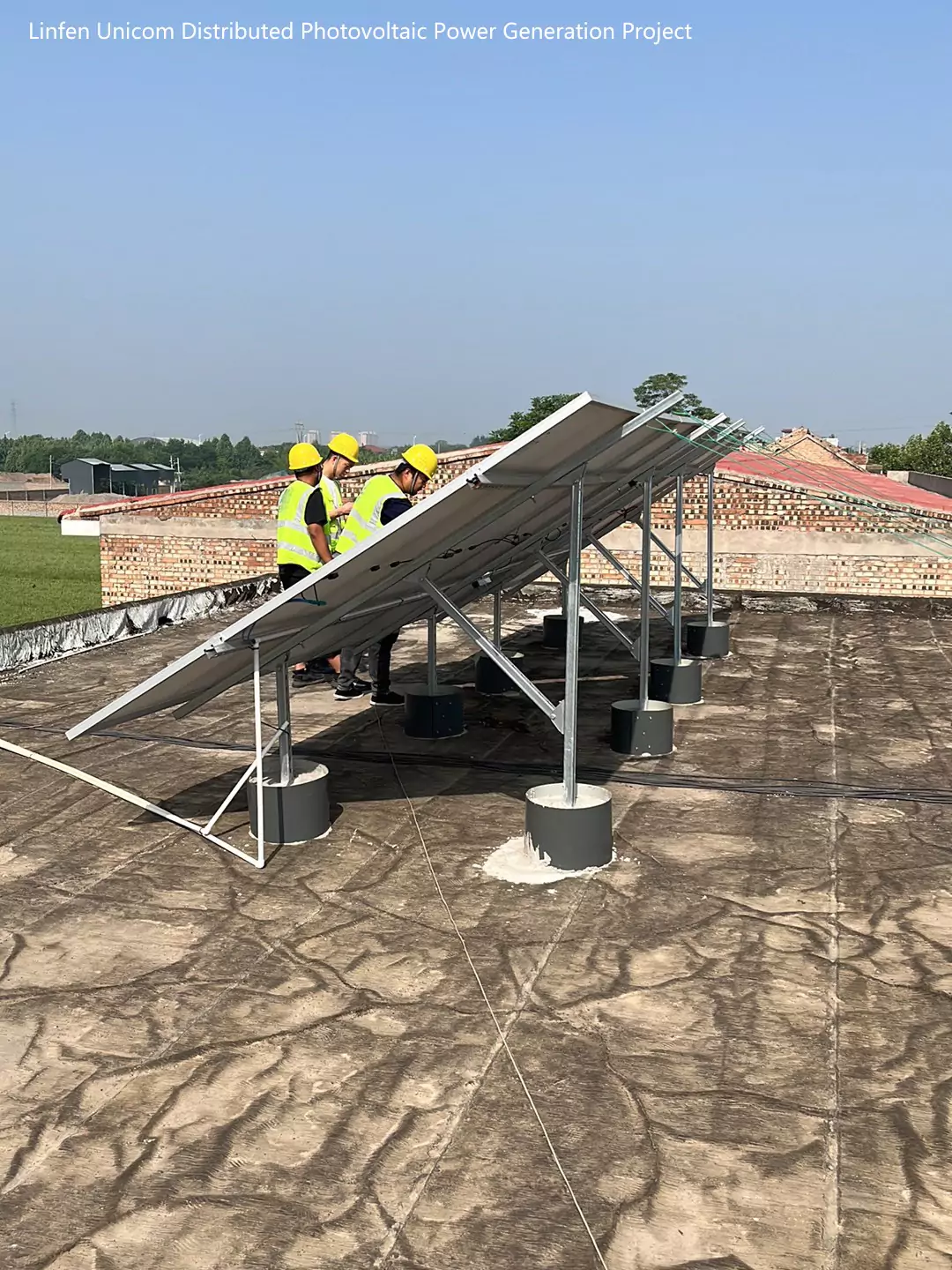
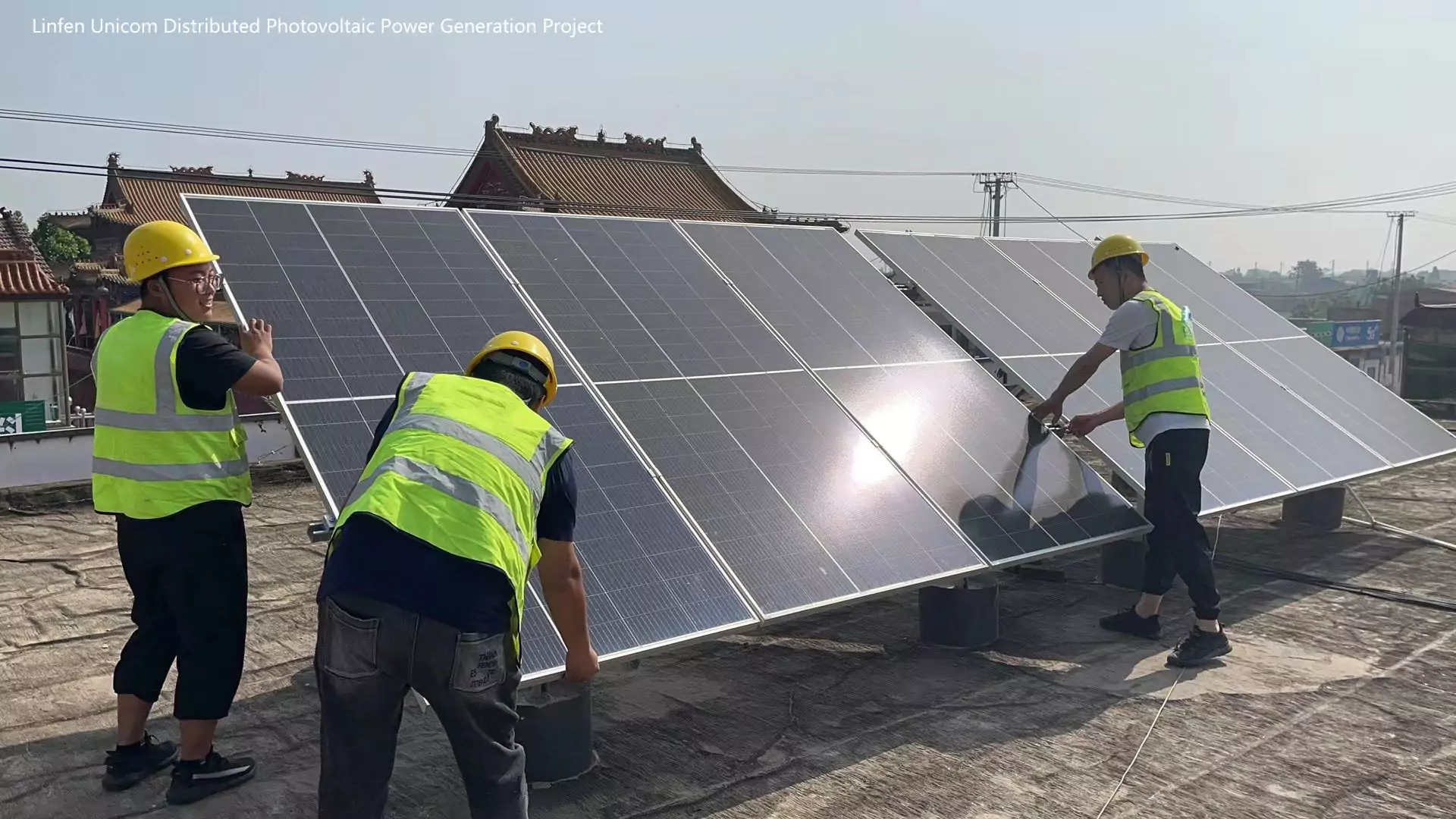



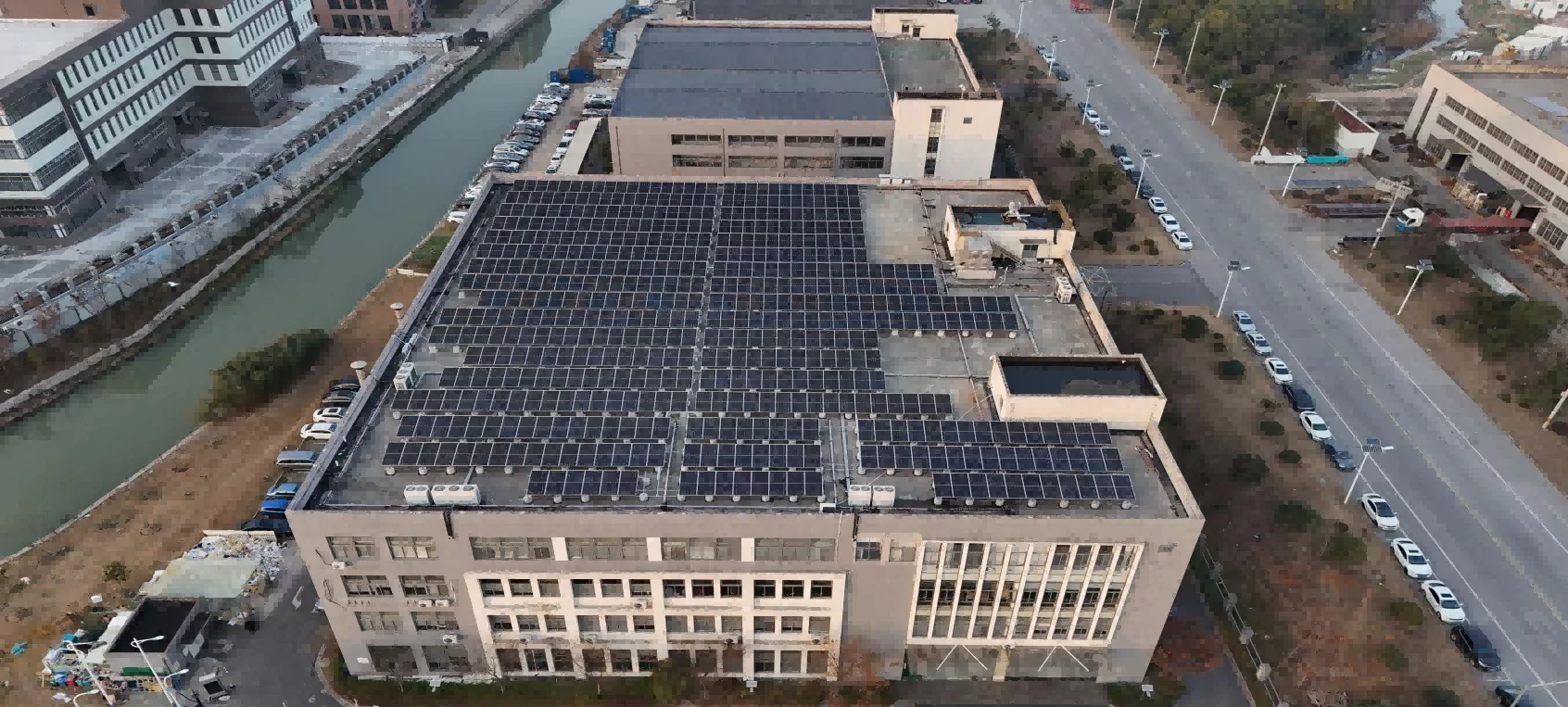
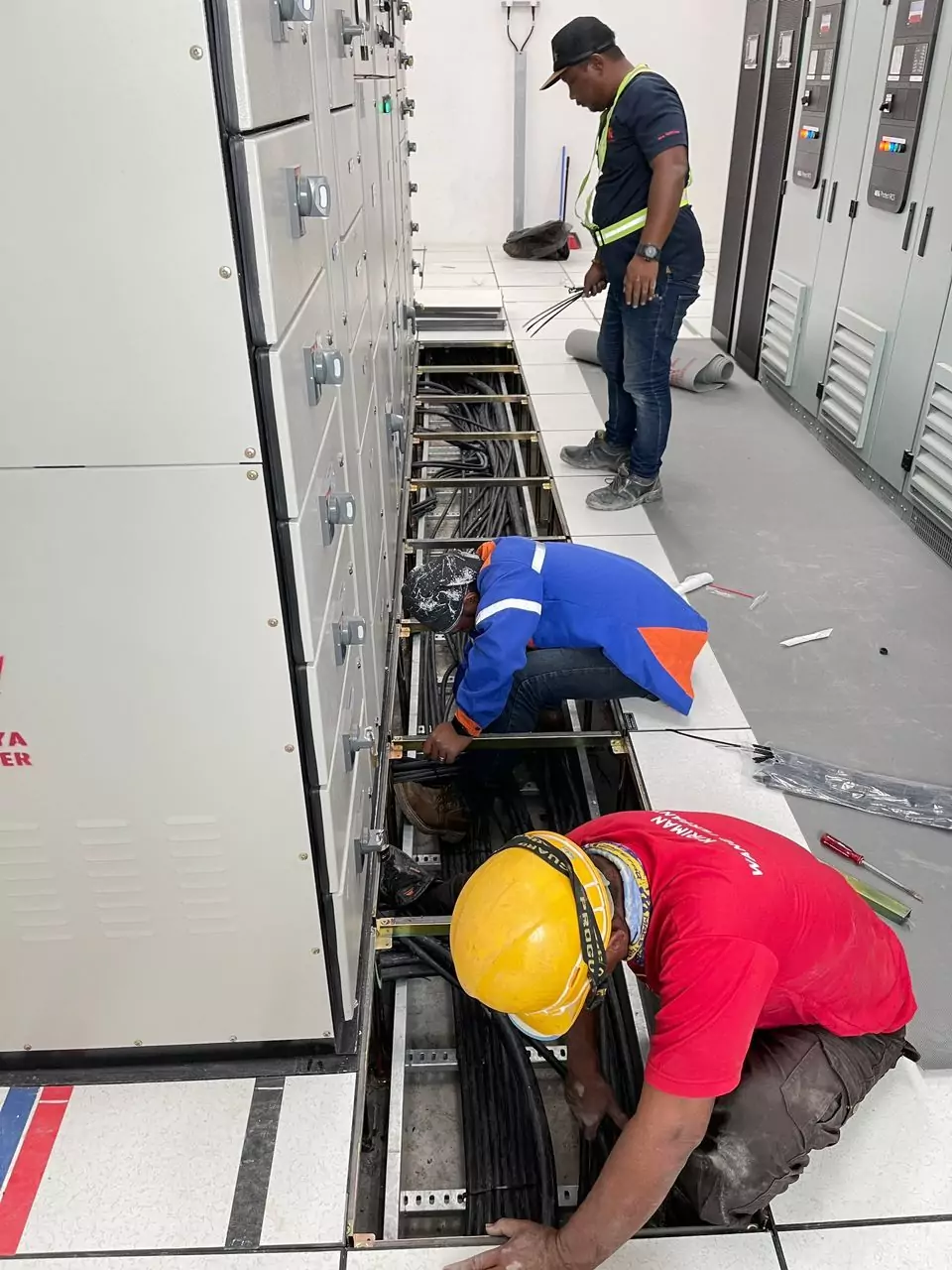
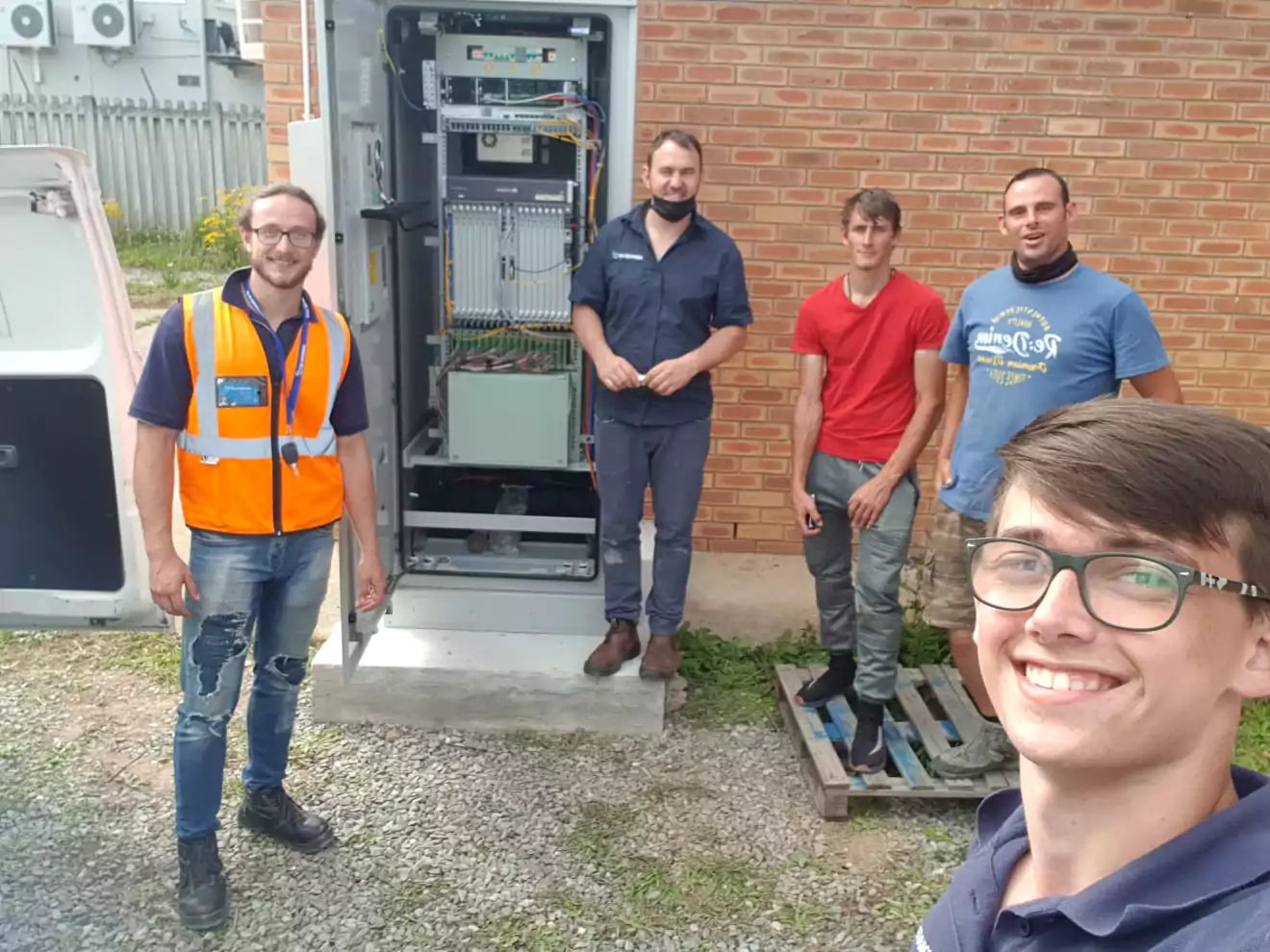
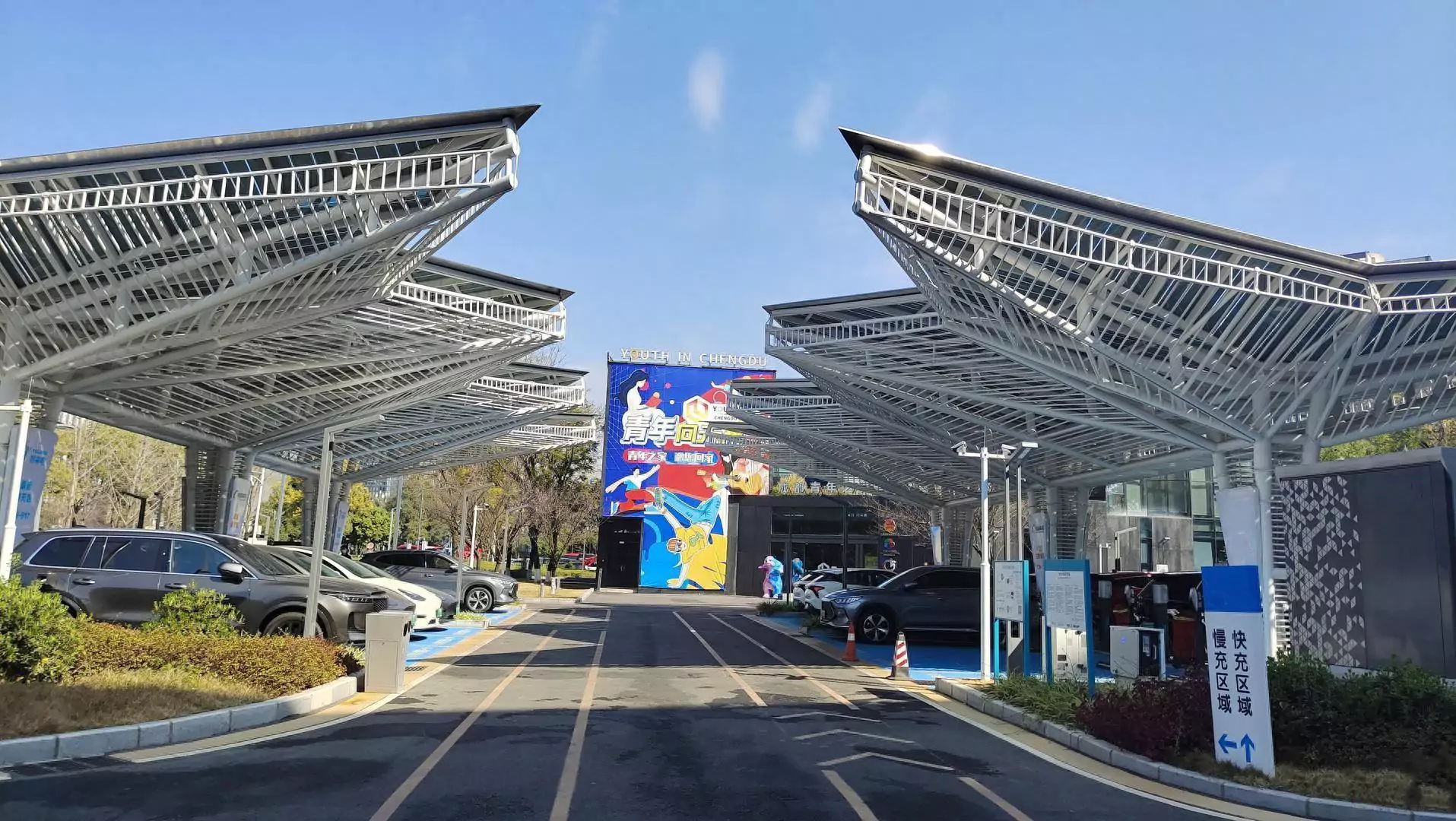

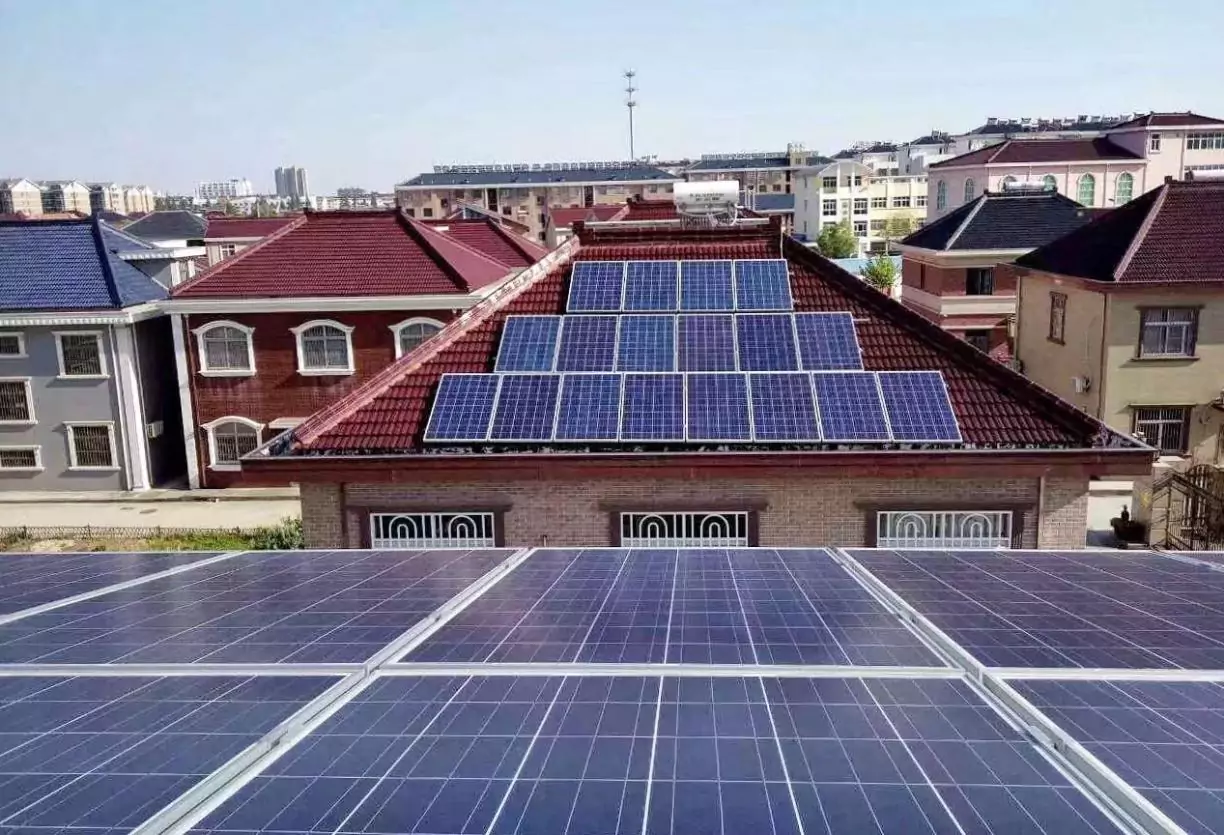

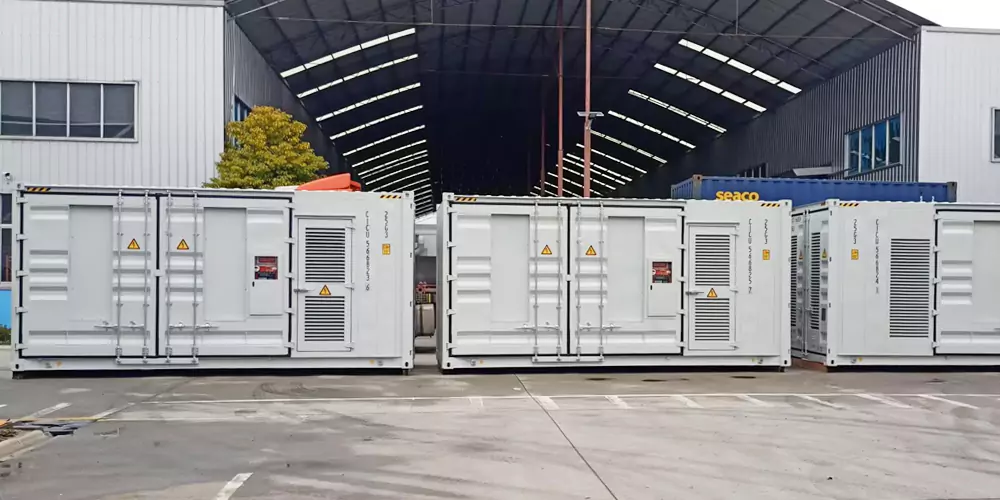

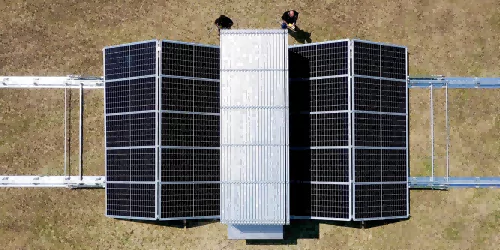








 Inquiry
Inquiry Online Chat
Online Chat